![[Translate to Englisch:] [Translate to Englisch:]](/fileadmin/_processed_/8/6/csm_0506Insekten_Bestaeuber_c0e0635d26.jpg)
Insect diversity is declining in Bavaria. Land use is a major driver, but the impact of climate change is still unknown. A study by the University of Würzburg has now investigated how both factors interact.
more![[Translate to Englisch:] [Translate to Englisch:]](/fileadmin/_processed_/8/6/csm_0506Insekten_Bestaeuber_c0e0635d26.jpg)
Insect diversity is declining in Bavaria. Land use is a major driver, but the impact of climate change is still unknown. A study by the University of Würzburg has now investigated how both factors interact.
more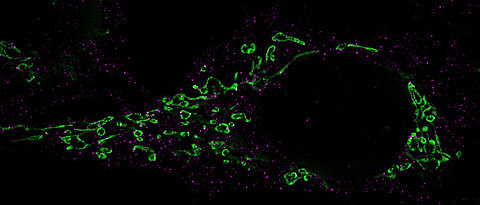
Dormant herpesviruses induce their reactivation via a previously unknown cellular mechanism mediated by a viral microRNA. Würzburg researchers show this in the journal "Nature".
more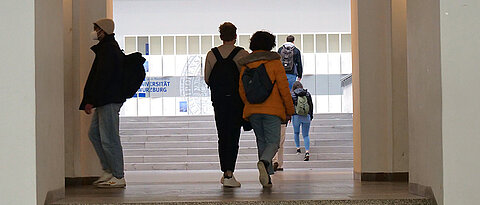
The University of Würzburg is starting the 2022 summer semester with around 26,000 students and courses delivered largely in person.
more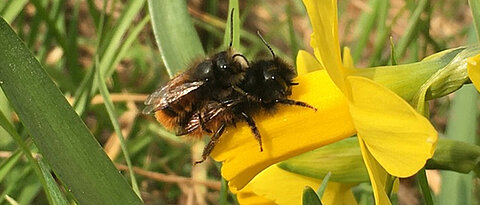
Do pesticides have anything to do with the decline in bee populations? A research team led by the University of Würzburg has investigated - and found a connection between fenbuconazole and the insects' mating behavior.
more
Propelling micrometre-sized drones using light only and exerting precise control: Physicists at the University of Würzburg have succeeded at this for the first time. Their microdrones are significantly smaller than red blood cells.
more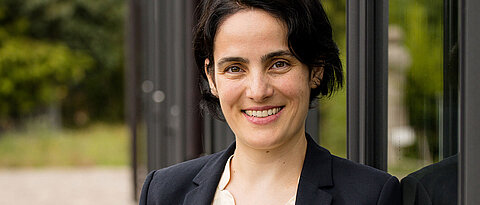
Adriana Pálffy-Buß has been appointed to the new W2 professorship for Theoretical Quantum Information and Quantum Optics of the Cluster of Excellence ct.qmat. She is an expert in the new research field of X-ray quantum optics.
more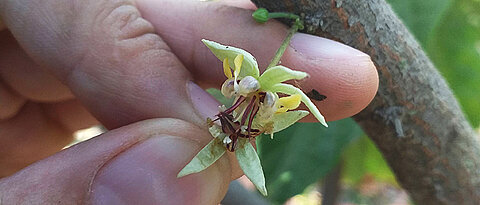
The tropical tree, from whose seeds chocolate and other sweets are produced, has its secrets. Unravelling them is not so easy.
more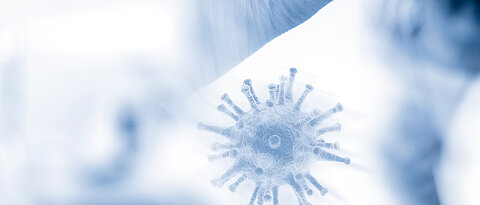
The obligation to wear a mask in university buildings continues to exist, and the G access controls have been dropped. The most important changes in the University's infection protection concept.
more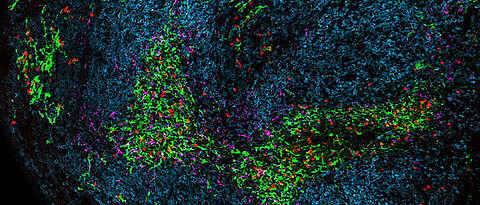
The presence of sentinel immune cells is vital to maintain and regulate the balance of the body’s immune response. Researchers have discovered an essential role of these cells in the treatment of cancer and severe viral infections.
more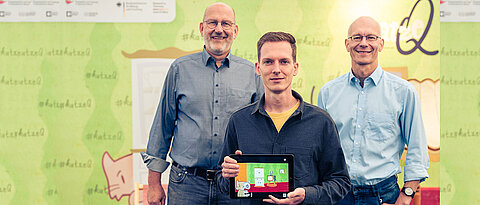
Award-winning science communication: The game app "Kitty Q" wins "Best Mobile Indie Game" at the Valencia Indie Summit and is nominated for Deutsche Computerspielpreis and children's media award “Goldener Spatz”.
more
Alexander Westermann investigates the intestinal microbiota. He has now been awarded a Starting Grant of 1.5 million euros from the European Research Council (ERC).
more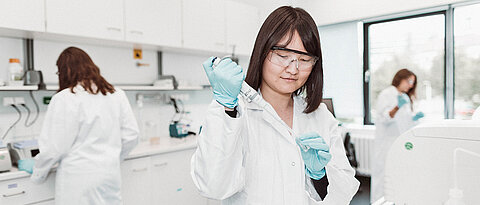
Researchers from Würzburg, Freiburg and Leipzig discover a mechanism for prioritizing the immune response in bacteria.
more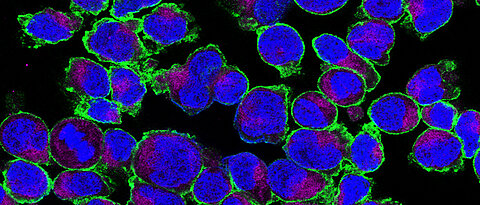
Excessive sugar consumption can promote inflammatory processes in the body and facilitate the development of autoimmune diseases. A research team at the University of Würzburg has now deciphered new details of these processes.
more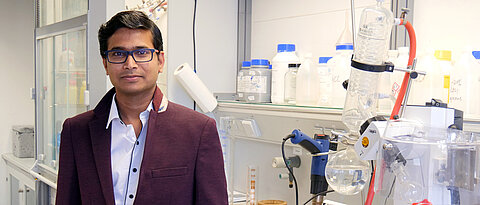
The chemistry department in Würzburg aims to develop a new class of chiral organic semiconductors - for next-generation applications in organic electronics. The project is funded by the European Research Council with 1.5 million euros.
more
Virology professor Lars Dölken has once again received a Consolidator Grant worth two million euros. With this award from the European Research Council, he is advancing a new project on herpesviruses.
more